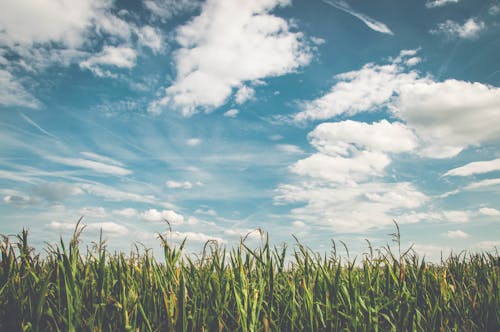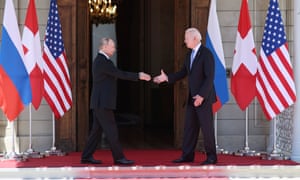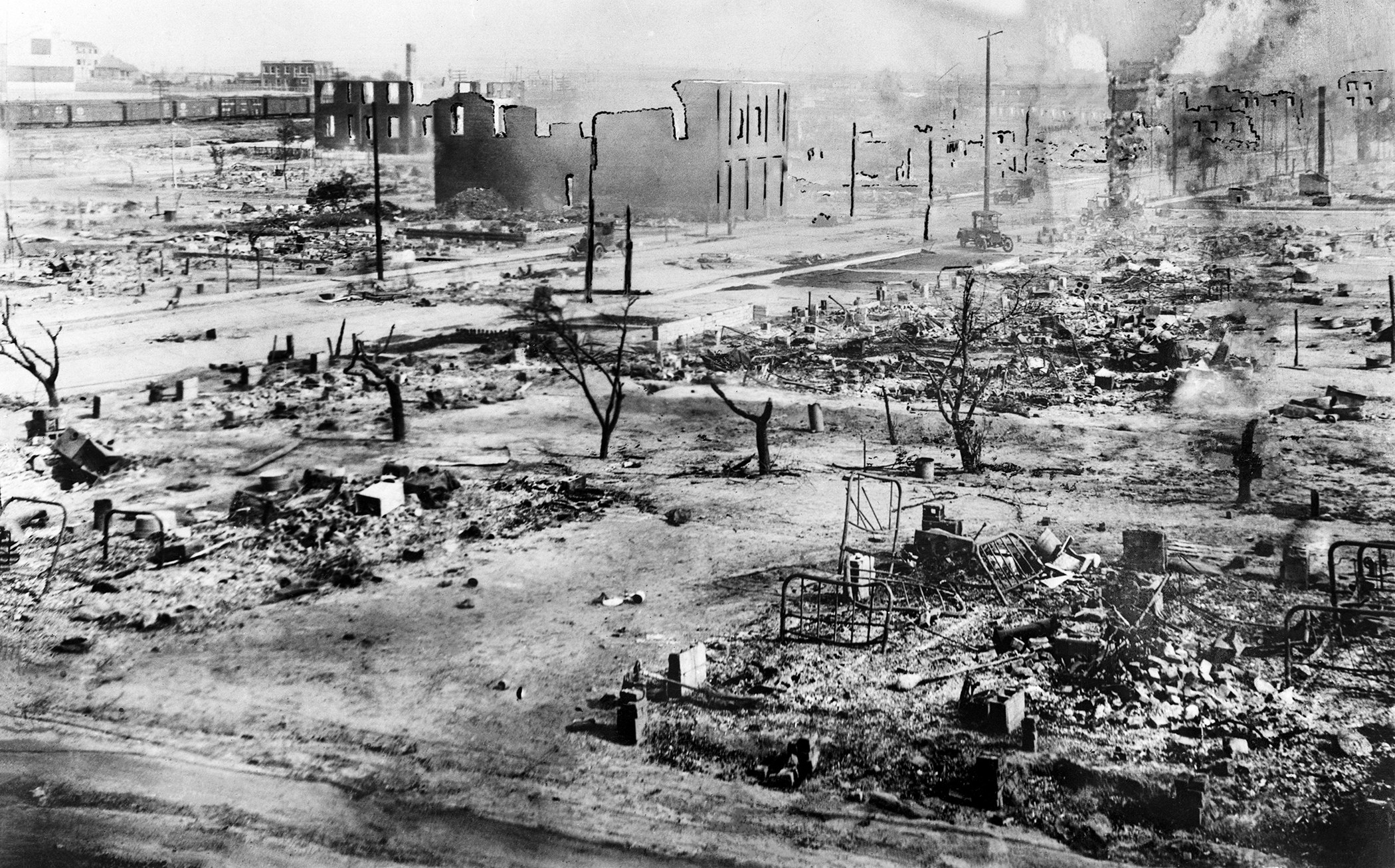Many of us are familiar with Sherlock Holmes, the nineteenth century creation of the novelist and adventurer Arthur Conan Doyle. In the many years since Doyle published his first stories about Holmes, Holmes's name has come to be associated with logic and rationality. In the face of all odds, emotion, and imagination, it was always Sherlock Holmes who used his powers of deduction to solve a crime. He has come to known as one of the most thoroughly rational beings around.
We humans treasure our ability to think. We value our capacities of logic and rationality. As we should. On the other hand, if ever we suppose ourselves to be only creatures of logic and rationality, beings who can always use deduction and reason to resolve any situation, we miss the point. And we miss who we are. Ever and always, we will encounter situations for which we have no rational explanation. Life is material, yes, but life is also ineffable. Life is a puzzle that exceeds logic.
For some, this is an affront to their sense of beingness. For others, it is a call to embrace the larger realities of this cosmos. Life's uncertainty and ethereality point to a greater truth about existence: it does not take place in a material vacuum.









